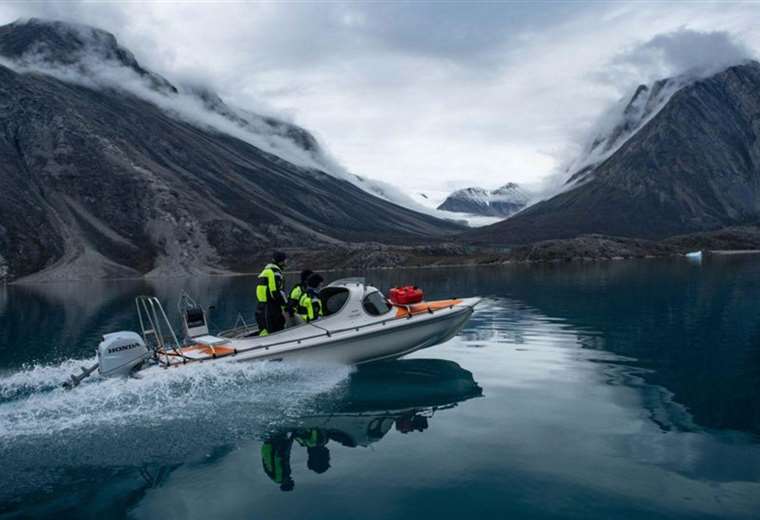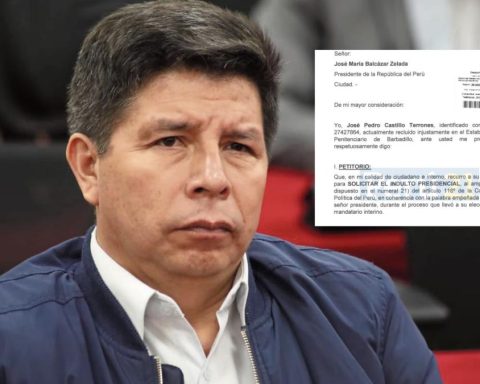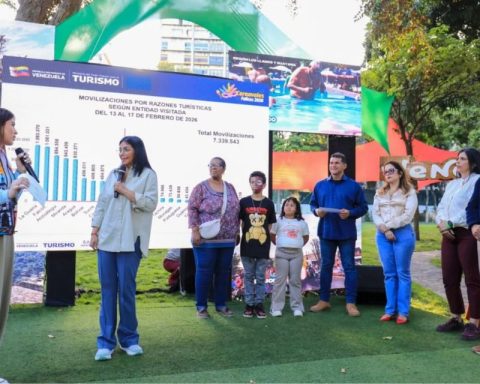The direct relationship between hunger and climate change was discussed by researchers who met at the State University of Rio de Janeiro (Uerj) this week, at the 6th National Meeting on Research in Food and Nutritional Sovereignty and Security, which ends this Friday (13). Event coordinator and professor at the Josué de Castro Nutrition Institute at UERJ, Rosana Salles da Costa explains that water insecurity, for example, can be a consequence of climate change that also reduces access to healthy food.
“Food security is related to several issues. One of them is climate change, for example, and the loss of access to water in terms of quantity and quality,” he explained to Brazil Agency. “We are debating the issue of water security in the country, which, with climate change and the fires that are happening, ends up harming several areas where food is grown for national consumption.”
The professor also emphasizes that it is important to observe the increase in food prices, which is the result of a series of events that make access to food more difficult. “Once you harm the planting and cultivation of food intended for consumption by our population, unfortunately, the price is also affected. From there, we have to think about public policies and how to reverse the effects of climate change, because they are present and we have to think now about how we are going to face the difficulties related to food security, coordinating with the Federal, State and Municipal Governments measures to reduce hunger and promote healthy eating.”
Held by the Brazilian Research Network on Food and Nutrition Sovereignty and Security (Rede Penssan), the meeting had as its theme “Research and public policies on food and nutrition sovereignty and security in tackling inequalities, hunger and climate change”, bringing together national and international researchers, undergraduate and graduate students to discuss the influences of climate change on the population’s access to adequate food.
Food safety
Rosana Salles da Costa explains that food security is related to access to adequate food for all members of a family, reflecting the human right to adequate food. On the other hand, food insecurity occurs when one of the issues related to food, whether in quantity or quality, is not guaranteed. In Brazil, food insecurity is assessed using the Brazilian Food Insecurity Scale (EBIA). “There are three levels of food insecurity: mild, moderate and severe food insecurity. Severe food insecurity reflects hunger in our population, that is, families that go the whole day without eating or that have only one meal a day.”
In the country, according to data from the Continuous National Household Sample Survey (PNAD) for the last quarter of 2023, 10.8% of households headed by women face moderate or severe food insecurity. Considering households headed by men, this percentage rises to 7.8%, revealing a difference of three percentage points. Regarding color or race, 74.6% of households facing severe food insecurity are headed by black and brown people.
“Unfortunately, the group that is traditionally most affected is households headed by women, especially black women,” says the professor. “This is also a topic of debate in some of the panels and in several papers at the 6th EPISSAN. The meeting does not only discuss results, but is also very proactive. The researchers present analyze and make policy proposals that are urgent, especially for households headed by black women,” she adds.
Meeting
In addition to the debates, preliminary data on research conducted in the country by the Penssan Network and with the support of the VIGISAN App, an application developed by the institution itself to assist in approaching research subjects who often make up vulnerable social groups, were presented during the event. The FomeS platform, developed with funding from the Ministry of Health (MS) and the National Council for Scientific and Technological Development (CNPq), was also presented at the meeting. The tool aggregates national data on climate change, food insecurity, water insecurity, health and nutritional status of children.
The meeting was sponsored by the Ministry of Health (MS), the Ministry of Science, Technology and Innovation (MCTI), the Ministry of Development and Social Assistance, Family and Fight against Hunger (MDS) and the Coordination for the Improvement of Higher Education Personnel (CAPES).
*Intern under the supervision of Vinícius Lisboa

















